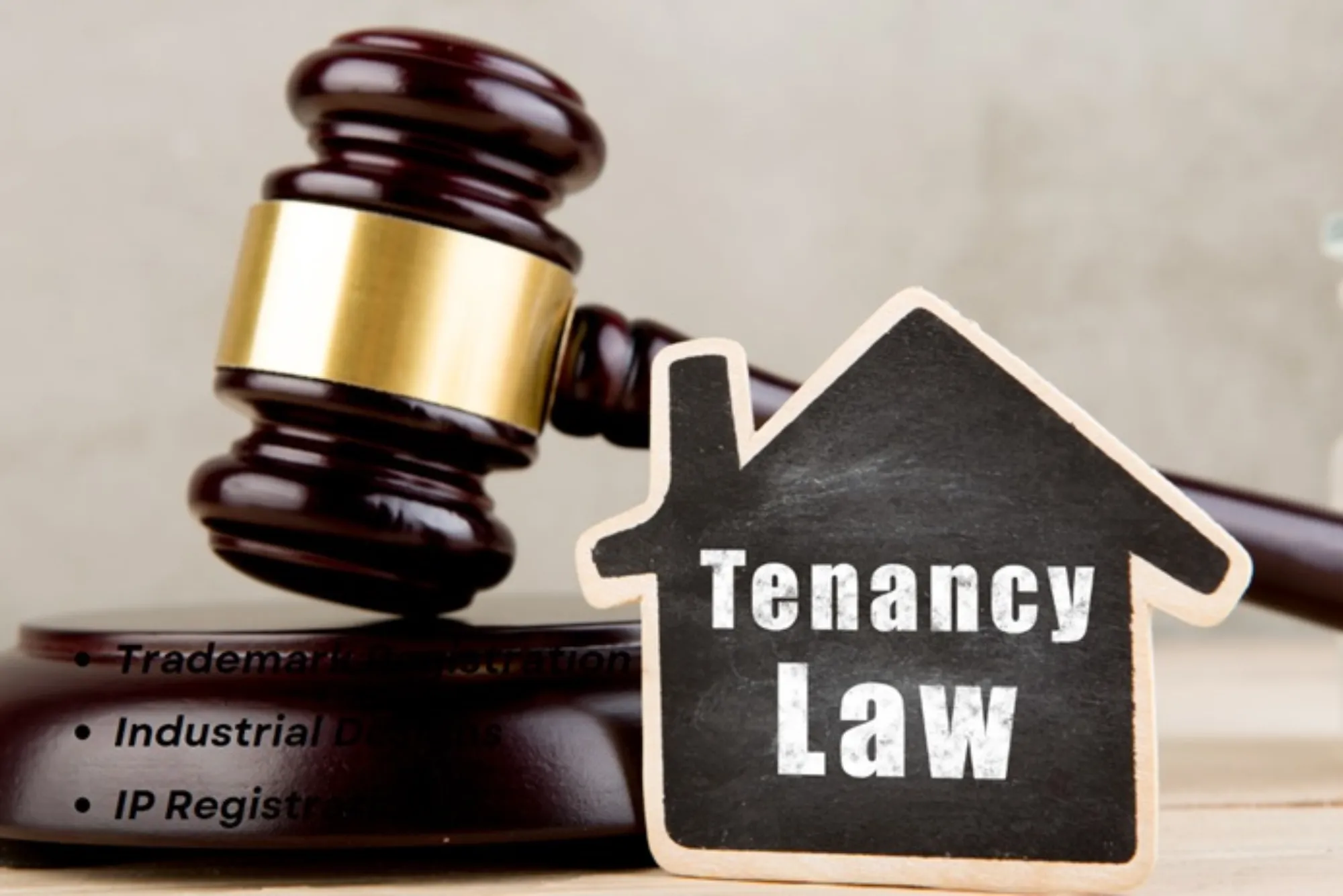Dubai’s rental market is one of the most dynamic and regulated in the region, with thousands of tenants and landlords entering lease agreements every year. Whether you’re renting a villa in Emirates Hills, a studio in Business Bay, or managing a commercial property in Downtown Dubai, it’s essential to understand your legal rights and obligations.
The relationship between landlord and tenant in Dubai is governed primarily by Law No. 26 of 2007 (as amended by Law No. 33 of 2008), which provides the legal framework for rental contracts, eviction procedures, rent increases, and dispute resolution. Despite the clear legislation, disputes are common, often stemming from miscommunication, late payments, contract breaches, or unexpected eviction notices.
In such situations, the expertise of Dubai lawyers becomes crucial. They help enforce rights, mediate conflicts, and provide legal representation at the Rental Dispute Settlement Centre (RDSC) when needed.
In this guide, we break down tenant and landlord rights in Dubai and explain how Dubai lawyers can help both parties resolve disputes efficiently and legally.
Overview of the Rental Law in Dubai
Dubai’s tenancy law applies to all rental properties in the emirate, whether residential, commercial, or industrial. It outlines:
- The structure of tenancy contracts
- Rent caps and permitted increases
- Maintenance responsibilities
- Eviction rules and timelines
- Legal remedies for breach of contract
While the law is designed to protect both parties, its enforcement depends on how well each party understands and exercises their rights—something Dubai lawyers are equipped to assist with.
Key Rights of Tenants in Dubai
✅ 1. Right to a Valid Tenancy Contract
Tenants have the right to receive a formal tenancy contract clearly stating
- Rent amount and payment terms
- Duration of lease
- Maintenance obligations
- Penalties for delay or breach
Tenancy contracts must be registered with Ejari, which provides official recognition and is required for legal claims. Dubai lawyers ensure the lease agreement is legally enforceable, registered with Ejari, and contains fair terms for the tenant.
✅ 2. Right to Timely Notice for Eviction
A landlord must provide at least 12 months’ written notice before eviction if the reason is legitimate (e.g., personal use or sale of property). The notice must be sent via notary public or registered mail.
If a landlord fails to provide proper notice, the eviction can be challenged.
Dubai lawyers can
- Review the eviction notice
- Assess its legality
- Represent tenants at the RDSC if eviction is unlawful
✅ 3. Right to Reasonable Rent Increases
Rent hikes are governed by the RERA Rental Index, which sets the maximum allowable increase based on market rates and location.
Landlords cannot arbitrarily raise rent. The increase must be
- Justified by the RERA index
- Notified at least 90 days before lease renewal
- Within the legal cap (usually 5–20%)
Tenants can contest unlawful increases through Dubai lawyers, who file a case at RDSC and ensure the rent is aligned with legal limits.
✅ 4. Right to Maintenance and Repairs
The landlord is generally responsible for major repairs and structural maintenance, while the tenant handles minor fixes (unless otherwise agreed).
If the landlord fails to maintain the property, tenants can
- File a complaint to the Dubai Municipality
- Withhold part of the rent with court permission
Dubai lawyers assist in obtaining maintenance orders or filing for compensation.
✅ 5. Right to Renew the Lease
As long as the tenant has not breached the lease and continues paying rent on time, they typically have the right to renew the lease. Landlords must give a 90-day notice before changing any terms (rent, duration, conditions), failing which the original terms carry forward.
Key Rights of Landlords in Dubai
✅ 1. Right to Receive Rent on Time
Landlords are entitled to full and timely rental payments. If a tenant fails to pay
- A legal notice may be issued
- The lease may be terminated
- An eviction case may be filed
Dubai lawyers help landlords enforce their rights and recover overdue rent through proper legal channels.
✅ 2. Right to Evict for Specific Reasons
While evictions are regulated, landlords can evict a tenant before contract expiry under certain conditions
- Property requires major renovation
- Landlord or first-degree relative wishes to occupy the property
- Tenant breaches terms (e.g., subletting, damaging the property)
- Non-payment of rent within 30 days of legal notice
In all cases, landlords must follow strict notice and legal procedures—something Dubai lawyers ensure is done correctly to avoid delays or case dismissals.
✅ 3. Right to Reclaim Property After Lease Ends
At the end of a tenancy, the landlord may choose not to renew the lease (with proper notice). They have the right to reclaim possession, provided:
- They follow legal timelines
- The notice reason is valid and proven
Dubai lawyers help landlords manage notice delivery, evidence submission, and lease termination procedures without violating tenant rights.
✅ 4. Right to Seek Damages
If a tenant causes significant damage to the property or fails to meet contractual obligations, landlords can
- Retain the security deposit
- File for additional compensation through RDSC
Dubai lawyers document damage claims, quantify losses, and initiate legal proceedings when necessary.
Role of the Rental Dispute Settlement Centre (RDSC)
The Rental Dispute Settlement Centre, established under the DLD, is the official body for resolving rental conflicts in Dubai.
- Handles disputes related to residential, commercial, and industrial leases
- Accepts claims such as eviction, rent increases, non-payment, and maintenance issues
- Issues legally binding decisions
Both landlords and tenants can file complaints. However, navigating the RDSC process can be complex without legal help.
Dubai lawyers handle all aspects of RDSC cases
- Drafting complaints
- Gathering and submitting evidence
- Representing clients at hearings
- Appealing unfair judgments
Their expertise often leads to quicker, more favourable outcomes.
Common Tenant-Landlord Disputes in Dubai
• Rent increase disputes
• Unlawful eviction notices
• Non-payment of rent
• Property damage claims
• Breach of contract
• Disagreements over security deposit refunds
Dubai lawyers are well-versed in resolving all these conflicts, using a combination of mediation, negotiation, and legal proceedings.
Preventive Tips for Tenants and Landlords
To avoid disputes, both parties should
- Use standard RERA-compliant tenancy contracts
- Register the lease on Ejari
- Document all payments and maintenance issues
- Communicate in writing
- Consult legal professionals before signing contracts
Lawyers in Dubai help draft, review, and negotiate tenancy contracts to ensure clarity and enforceability, reducing future conflicts.
Why Hiring Dubai Lawyers Is Essential for Tenancy Matters
Whether you’re a tenant defending against unlawful eviction or a landlord seeking unpaid rent, experienced legal support makes a significant difference.
✅ Accurate Legal Interpretation
They interpret tenancy law in your context and advise accordingly.
✅ Strategic Guidance
They help you choose between negotiation, mediation, or litigation based on your goals.
✅ Document Review
They identify clauses that may expose you to legal risk or financial loss.
✅ Representation in Legal Proceedings
They act on your behalf at the RDSC or courts, ensuring your voice is heard professionally and effectively.
Dubai’s rental market is fair and well-regulated—but only if you know your rights and how to exercise them. Misunderstandings between landlords and tenants often arise from unclear contracts, unlawful notices, or lack of legal awareness.
Whether you’re renting your first apartment or managing a portfolio of properties, staying legally informed is key. With the support of knowledgeable Dubai lawyers, both landlords and tenants can navigate rental agreements confidently, resolve disputes fairly, and ensure long-term legal compliance.
For expert guidance, proactive protection, and fast conflict resolution, there is no substitute for experienced legal counsel.










